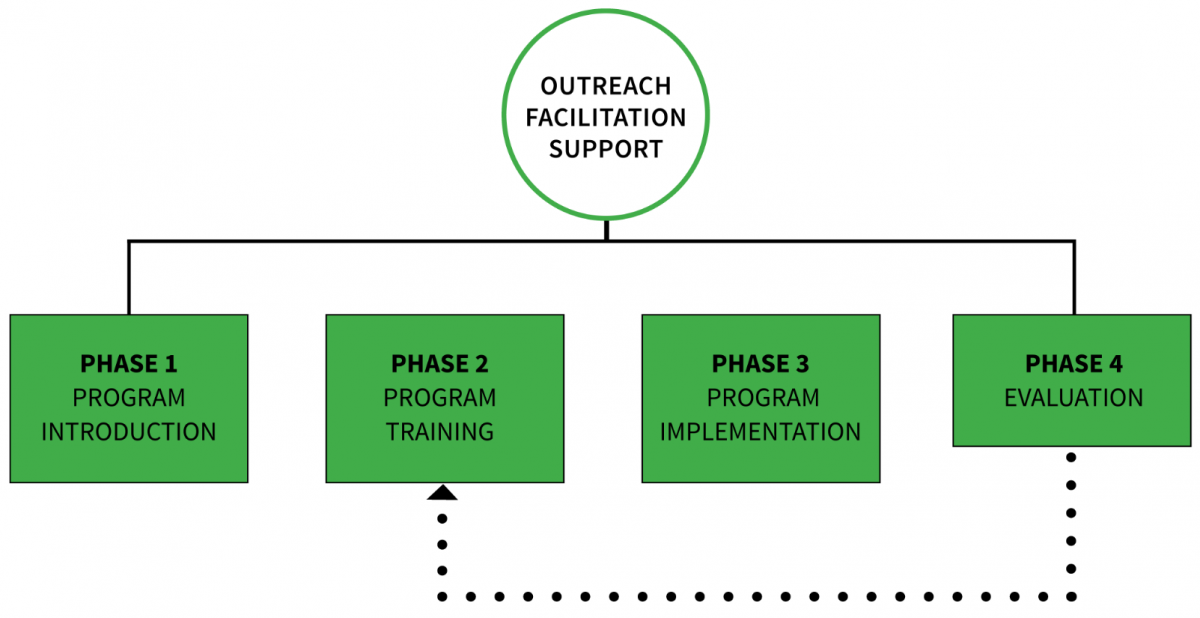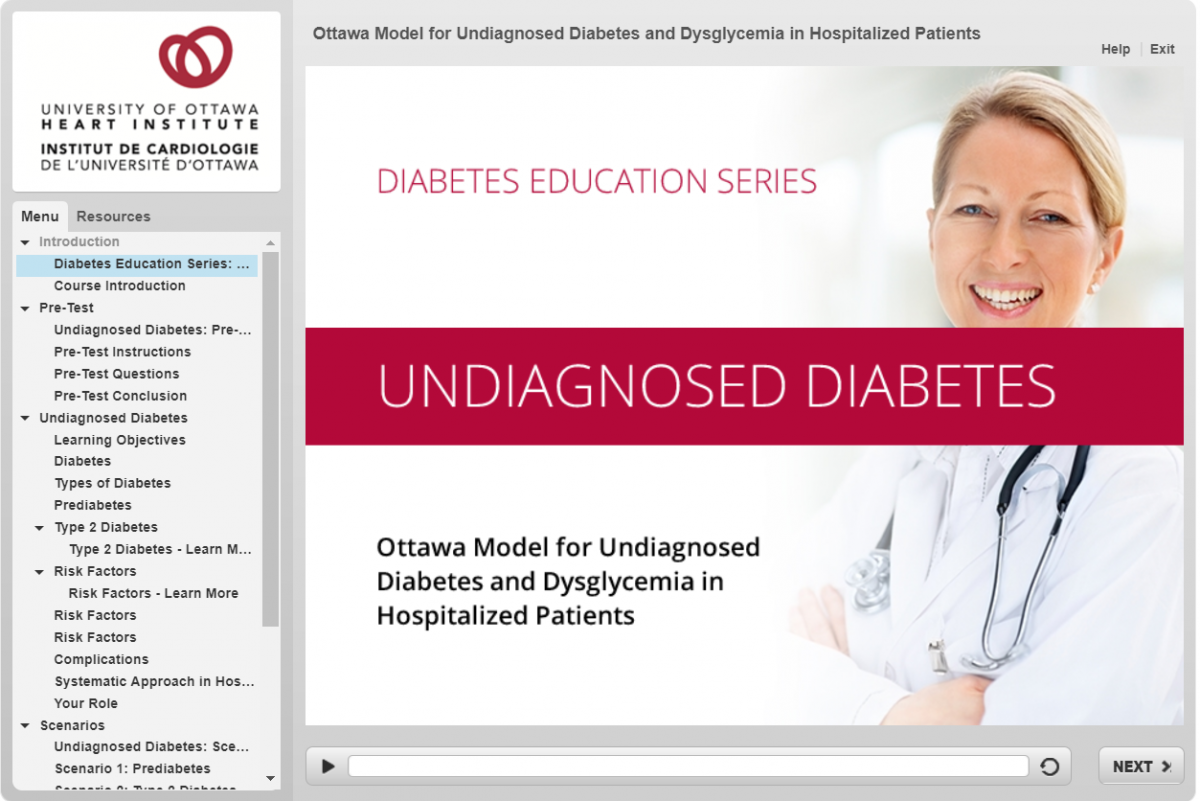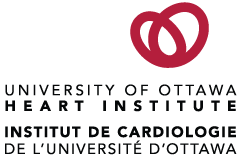
Test Don't Guess!
A Diabetes Program for Healthcare Professionals
For people to take action to prevent diabetes, they must first be aware that they are at risk. Patients with dysglycemia (i.e. pre-diabetes) are at extremely high risk to eventually develop Type 2 diabetes mellitus (T2DM); a serious health problem associated with significant complications.
The Ottawa Model for Undiagnosed Dysglycemia/Diabetes (OMUD) is a systematic process to identify, manage and follow patients with previously unrecognized diabetes and dysglycemia, during and after hospitalization.
Nearly one-third of individuals with T2DM go undiagnosed, and in many patients who are diagnosed there is a lag of several years between diabetes onset and diagnosis, a time during which complications can develop. The prevalence of previously undiagnosed dysglycemia/diabetes amongst hospitalized patients varies from 10-30%, depending on the population screened. Hospitalization affords an opportunity to identify people with unrecognized dysglycemia/diabetes and attach them to prevention programs or long-term diabetes care1.
How OMUD Works
A systematic approach in hospital:
- Identify patients with undiagnosed prediabetes and/or diabetes
- Manage the patient’s prediabetes and/or diabetes while admitted in the hospital
- Inform the patient and their family doctor or healthcare provider of the patient’s diagnosis
- Refer the patient to resources within their community

HOW CAN HEALTHCARE PROVIDERS GET INVOLVED?
Become a Partnered Site
The University of Ottawa Heart Institute will provide partnered sites with a detailed four-phase OMUD Implementation Workplan, program resources and tools to systematically embed an evidence-based process to identify, manage and follow patients with previously unrecognized diabetes and dysglycemia, during and after hospitalization.
Phase 1: Program Introduction
- Introduction of OMUD protocol
- Readiness assessment
- Meet with medical, nursing, laboratory leaders, and program implementers at each department/hospital and secure/reaffirm project buy-in
- Assess/reaffirm current clinical practices with respect to identification and management of undiagnosed dysglycemia/diabetes
- Create department/hospital-specific workplans to strengthen OMUD implementation
Phase 2: Program Training
- Training will be provided to program implementers at each of the hospital units and to health care professionals (HCPs) directly involved in OMUD program delivery. A web-based training module has been developed to train HCPs about the importance of screening for undiagnosed dysglycemia/diabetes, and how to operationalize the OMUD protocol at the patient level.

Phase 3: Program Implementation
- All patients without known diabetes admitted to selected units implementing the OMUD protocol will be screened for the presence of undiagnosed dysglycemia/diabetes using a HbA1C.
- Apply treatment procedures in hospital.
- Discharge summaries.
- Referral to community-based diabetes education or cardiac rehabilitation programs.
Phase 4: Evaluation
- Collect key indicators to summarize processes and outcomes.
Current Partners
If you are interested in becoming a partnered site and adopting the OMUD protocol, contact us at pwc@ottawaheart.ca.
CONTACT US
For more information email the Prevention and Wellness Centre at pwc@ottawaheart.ca.
Prevention and Wellness Centre
University of Ottawa Heart institute
40 Ruskin Street, Room H2353
Ottawa, Ontario
K1Y 4W7
View Map
References

